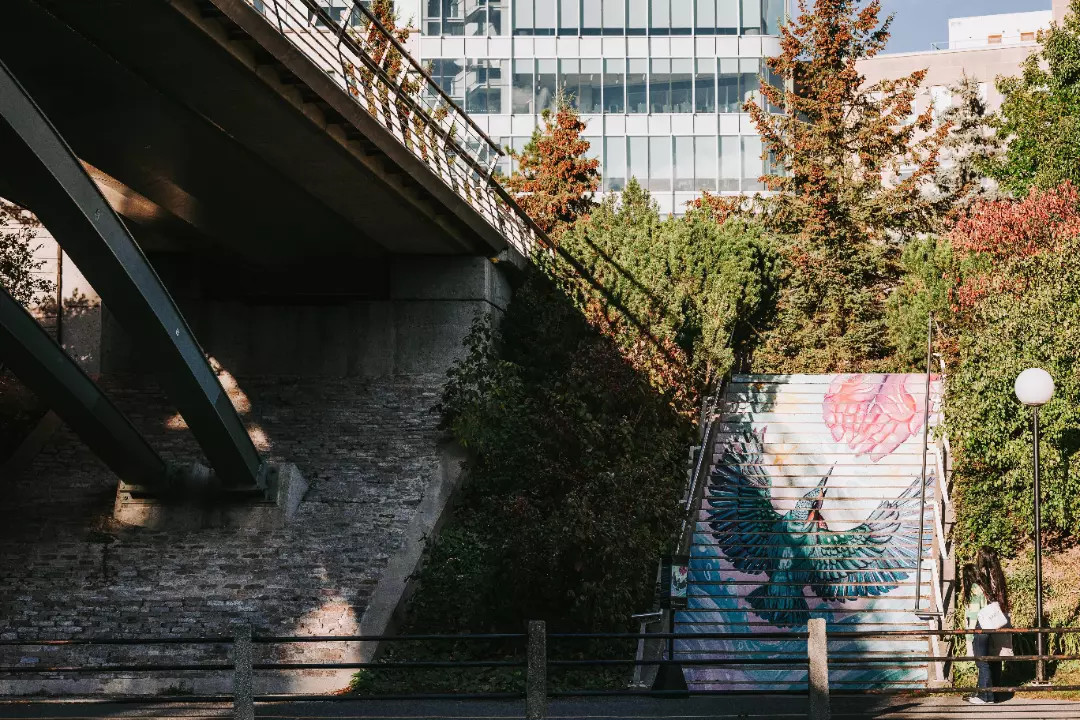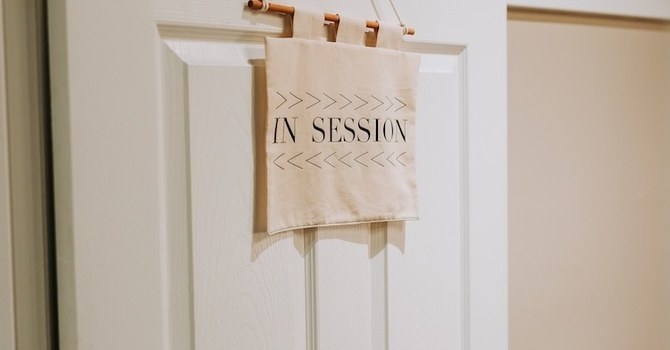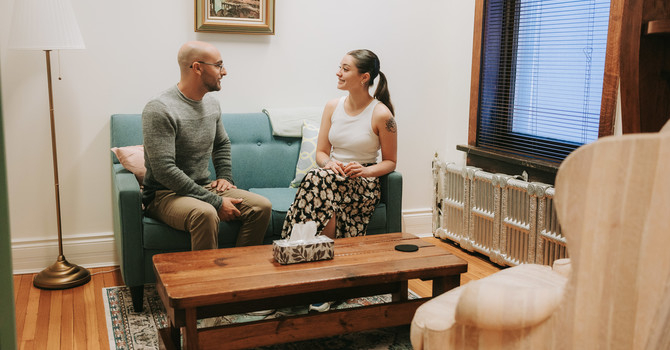
Prepare for your Consultation with a Psychotherapist
A consultation with a psychotherapist is an opportunity to explore whether the therapist is the right fit for you and to clarify your goals for therapy. Here’s how to make the most of it!
1. Reflect on Your Goals and Needs
Before your consultation, take some time to think about why you’re seeking therapy. Ask yourself:
- What challenges or concerns are prompting you to seek therapy?
- What do you hope to gain from therapy?
- Are there specific issues (e.g., anxiety, depression, relationships) you want to focus on? Having a general idea of your goals can help guide the conversation and ensure your needs align with the therapist’s expertise.
- Are there other qualities OR identities within a professional you would like to see? ex: gender, ethnicity, lived-experience, a sense of humour, etc.
2. Research Potential Therapists
If you haven’t already selected a therapist, research their background, specialties, and therapeutic approach. Look for someone who has experience with your concerns and whose methods resonate with you. Many therapists provide details on their website about their training, experience, and treatment approaches.
3. Prepare Questions
Your consultation is an opportunity to assess whether the therapist is a good fit for you. Consider asking:
- What is your experience working with people facing similar challenges?
- What therapeutic approaches do you use?
- What is your approach to the therapeutic process?
- What are your policies on scheduling, cancellations, and fees? These questions can help you feel more comfortable and ensure you understand the structure of therapy.
4. Consider Practicalities
Think about logistics such as:
- Insurance & Fees: Check whether the therapist accepts your insurance or offers sliding-scale fees if needed.
- Scheduling: Make sure their availability aligns with your schedule.
- Location: If in-person, ensure the office is conveniently located; if virtual, test your internet connection and video platform.
5. Be Open and Honest
During the consultation, share a brief overview of your concerns and what you’re looking for in therapy. You don’t need to go into deep detail but providing some context can help the therapist determine if they are the right fit for you.
6. Assess the Connection
The therapeutic relationship is one of the most important aspects of successful therapy. After the consultation, reflect on:
- Did you feel heard and understood?
- Did you feel comfortable with the therapist’s communication style?
- Did their approach align with your needs?
7. Trust Your Gut
It’s okay if a therapist doesn’t feel like the right match—finding the right fit is important. If you don’t feel comfortable after the consultation, consider trying another therapist until you find one who feels like a good match.
Final Thoughts
Preparing for a consultation helps you make the most of your time and ensures you find a therapist who meets your needs. Therapy is a collaborative process, and starting off with clarity can set the stage for meaningful progress. If you’re ready to take the next step, reach out to a qualified therapist and begin your journey toward personal growth and healing.



